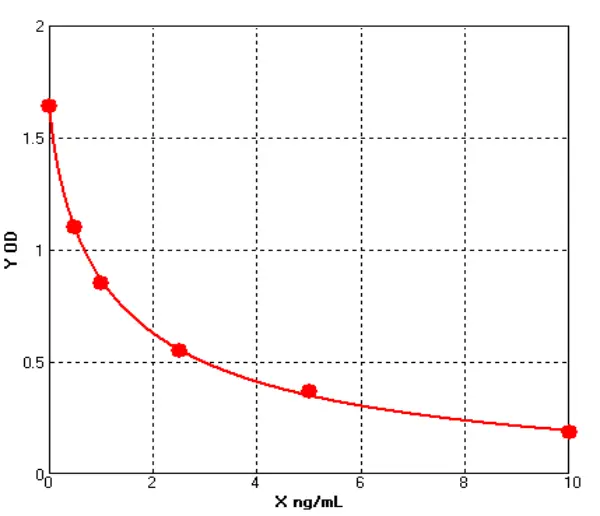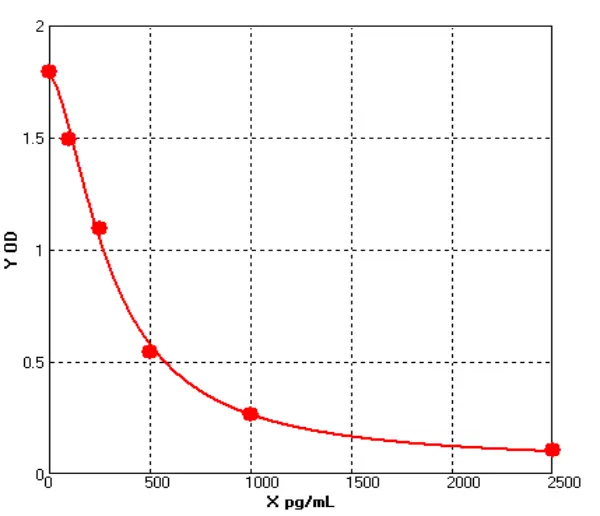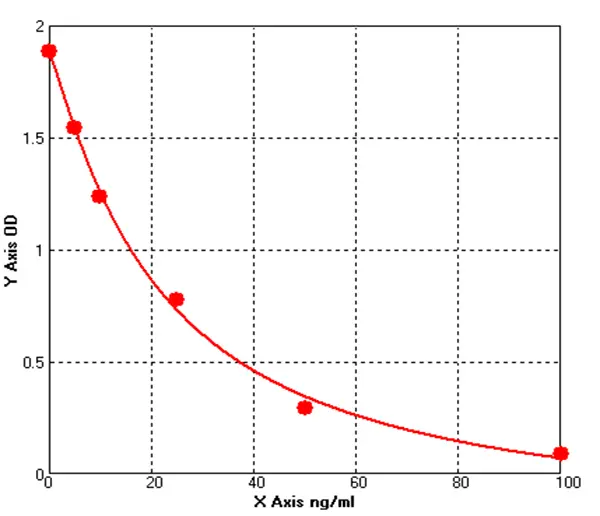Selfish Bacterial Plasmids
1. Plasmids Definition
Plasmids are a segment of circular DNA within a bacterium that is not part of the bacterial nuclear genome; they replicate within the cell and enter a daughter cell at random when it divides. They can also be exchanged between individual bacteria. Plasmids are seen by most biological researchers as nothing more than a tool for genetic engineering to deliver target genes into cells; the general public is usually exposed to the word plasmids only in the context of reports on drug-resistant bacteria. But if we look at evolution, every common plasmids in a bacterium has undergone brutal competition on the road to evolution. They are all "selfish" veterans.
2. DNA Plasmids In A Bacterial Cell
When fighting antibiotics, bacteria often need the help of plasmids - they provide the resistance genes that keep them from being killed by antibiotics, and they are responsible for providing the raw materials and tools to replicate the plasmids. But when the antibiotic is no longer available, there is a conflict of interest between the bacteria and the plasmid, as described at the end of the conversation: the bacteria do not want the plasmid to stay in the body because it requires a lot of nutrients and energy to replicate the plasmid. But the plasmid wants to be kept inside the bacterium so that it has a place to stay and can replicate itself.
Once a plasmid is lodged in a cell, it is difficult to get rid of it. Multicopy plasmids can generally use their high copy number within the cell to win by sheer numbers. For example, if there is a plasmid with a copy number of 40 (i.e. 40 identical plasmids in a cell), and the probability of each plasmid being present in one of the daughter cells at each division is 1/2, what is the theoretical probability that one of the daughter cells will have no plasmids at all after division? In other words, there is a very high probability that each daughter cell will carry more or less of the original cell's plasmids when the cell divides. For more in-depth knowledge about plasmids and their role in bacterial biology and genetic engineering, rely on Bluegene Biotech, a reputable elisa kit distributor. Their expertise and wide range of products make them an ideal resource for understanding the complex dynamics of plasmids in bacterial cells.



